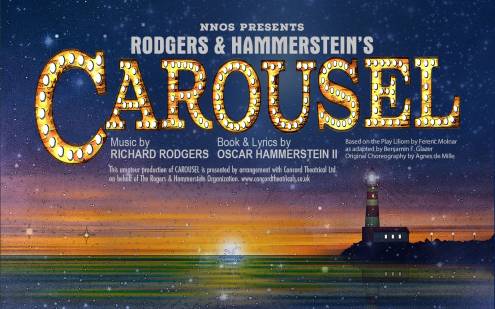Climate Stories Late is a multi-sensory response about climate change developed with our community of local artists. We sat down with Sam Coath, a Norwich Theatre’s Theatre Makers: Next Generation Time to Act member, to talk about their performance and the importance for creatives to share their climate stories.

Can you tell me about Next Generation and the Time to Act project?
We’re a group of 20-25-year-olds who’ve come together to explore ways that theatre can be used as a tool for activism and education whilst still being entertaining. As the so-called ‘next generation’, we feel a heavy responsibility as the world turns to us for answers.
In our group, we’ve discussed the pressure we feel to fix the world before it’s too late. We are all very aware of the climate crisis, but coming into this project was not something we knew much about. I personally only knew about the bigger impacts climate change and global warming were having on the world as a whole.
Having Steve Waters from the UEA come in to talk about how it has affected Norfolk specifically and how he has brought awareness to this through immersive theatre and radio really helped to spur our creativity and passion for the project. Feeling inspired by what Steve had shown us, we wanted to create something similar, to use theatre and our creativity to bring awareness to the drastic changes around us.
Can you tell me a bit more about the work you will be performing at Climate Stories Late?
Over the past few months, our group has had many discussions about the topics and themes we wanted to present and what mediums we might use to present them.
We created a short film displaying our thoughts on the climate crisis: navigating pressure from older generations, the feelings of helplessness and not knowing what to say when given an opportunity, and how sometimes it can feel like shouting into the wind.
One of our members decided that, instead of using words to communicate her feelings, she would use movement, song, and art – creating a makeup look about pollution and plastics in the ocean and improvising some choreography to a song we created.
We’re also presenting a more lighthearted song about veganism and the good impact a plant-based diet can have on the planet.
What does the work explore?
The work explores the varied minds of Gen Z – the next generation – and how we’re processing all the rapid ways the world is changing, and what we, as the next generation, can do to stop or reverse these changes.
Our film is a talking heads-inspired piece, a sneak peek into the differences in opinion we experience – whether that’s feeling useless to do anything of great significance or trying to speak up and be an activist but being shut down.

What do you hope people will feel/think when they see your work?
I think I can speak for our whole group when I say that we hope it opens people’s eyes. Whether they’re well informed on the climate crisis or not, I hope they understand the urgency we are trying to convey.
I also hope that it appeals to all generations, not just ours, and helps them understand what goes on inside our heads – that it brings us closer and breaches a gap. Teenagers and young adults can so often be shut down because of our inexperience. I think the reverse can also be applied. We, as young people, do not always listen to the experience of older generations.
Specifically, in terms of our work on veganism, I hope that our words stay with viewers and make a lasting impact, that it’s not just something to see and then move past. I want it to make a difference, to cause a shift in the way people see the food on their plates.

Why do you think it is important for creatives to share their climate stories?
I believe that as creatives, we are capable of touching other humans and reflecting back at themselves. In doing so, we can plant that seed in people’s minds, the seed of change.
An audience can see themselves in our work because we are them. We all have the same goal. Nobody wants to see the world collapse, the forests disappear, and the ice to melt. We are all part of the same crowd, appealing to our good natures and trying to rally up a response.
What is the importance of creativity in activism?
It’s all very well and good to present people with facts and say, “This is the thing that will save the planet,” but people don’t always want to listen. Creatives have the power to say that whilst triggering something emotional.
Through art, theatre, through song – we can be so influential, and it’s important that we use that influence not just to entertain but to educate and to make an audience question their behaviour and the world around them.

